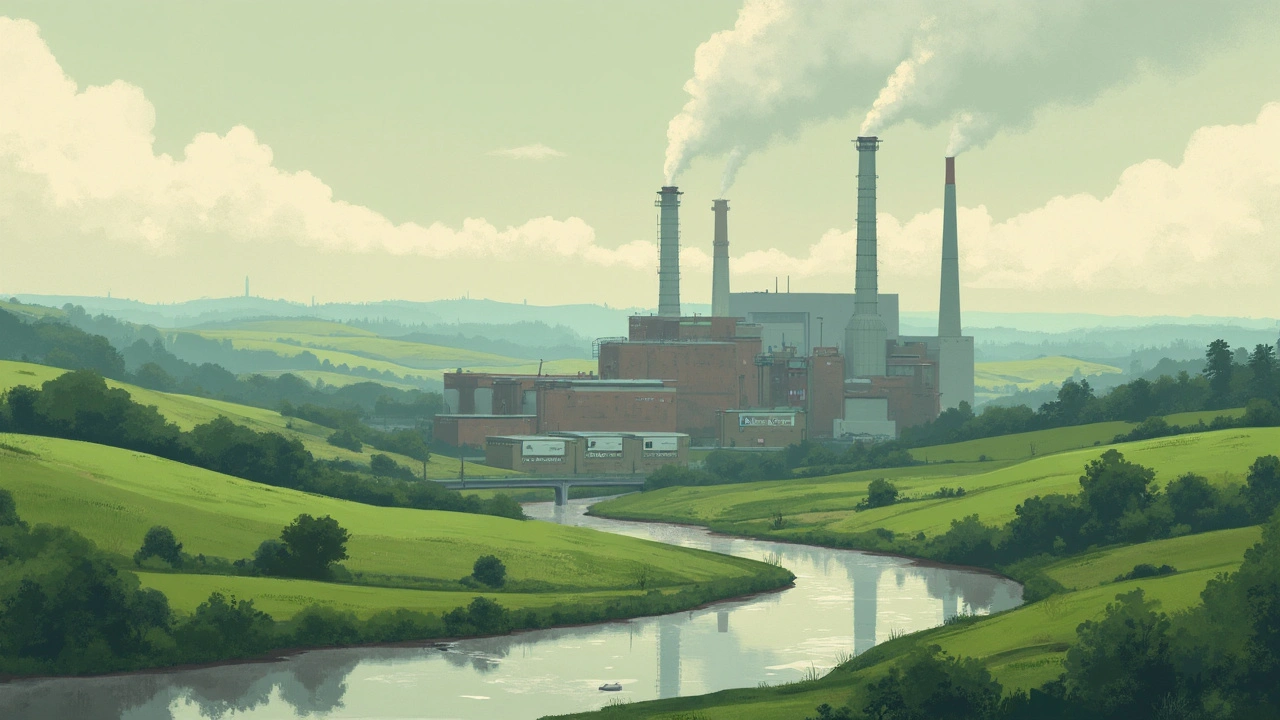Environmental Impact of Pharmaceuticals – Why It Matters
Ever wonder what happens to that bottle of cough syrup after you finish it? Most of us toss meds in the trash or flush them down the toilet, but those actions can harm rivers, lakes, and even our drinking water. It’s not just the leftover pills—manufacturing plants, farms, and pharmacies all add chemicals to the environment. Understanding the problem helps you make smarter choices without sacrificing health.
How Meds Enter the Environment
Pharmaceuticals reach the environment in three main ways. First, factories that produce drugs release waste water that still contains active ingredients. Even when plants treat water, tiny traces slip through because cleaning every molecule is tough and expensive.
Second, hospitals and clinics discharge unused drugs straight into sewage systems. A single hospital can dump enough antibiotics to affect bacterial life downstream, encouraging resistant bugs.
Third, everyday consumers play a big part. Flushing pills, throwing them in the trash, or leaving them in a sink can lead to chemicals seeping into soil and water. Studies have found traces of painkillers, hormones, and antidepressants in streams far from any city.
What You Can Do to Cut Down Pollution
Good news: you have real power to limit pharma waste. Start by using drug take‑back programs. Many pharmacies and community centers collect unused meds for safe disposal. If a program isn’t nearby, ask your pharmacist about the best drop‑off spot.
When you’re prescribed a medication, ask if a smaller dose works for you. Less medicine means less leftover. If you finish a bottle early, don’t keep the rest—return it.
Consider the packaging, too. Some brands use recyclable bottles or cardboard. Choosing those options reduces plastic that can break down into micro‑particles.
Lastly, keep an eye on your water‑filter system. Activated carbon filters can trap some drug residues, giving an extra layer of protection for your tap water.
Every step adds up. By returning meds, picking eco‑friendly packaging, and being mindful about dosing, you help keep rivers cleaner and protect wildlife. The next time you finish a prescription, think about the planet as well as your health—small actions lead to a big difference.

